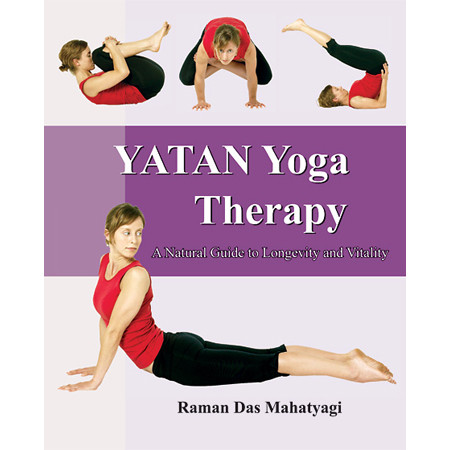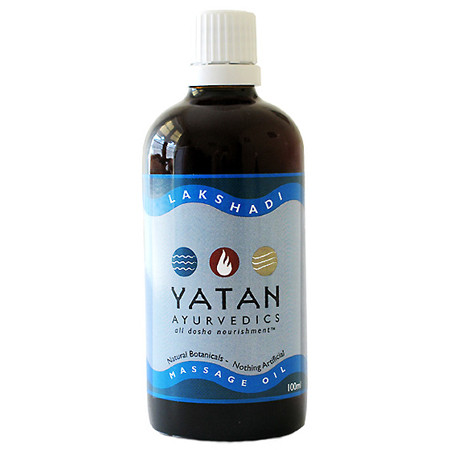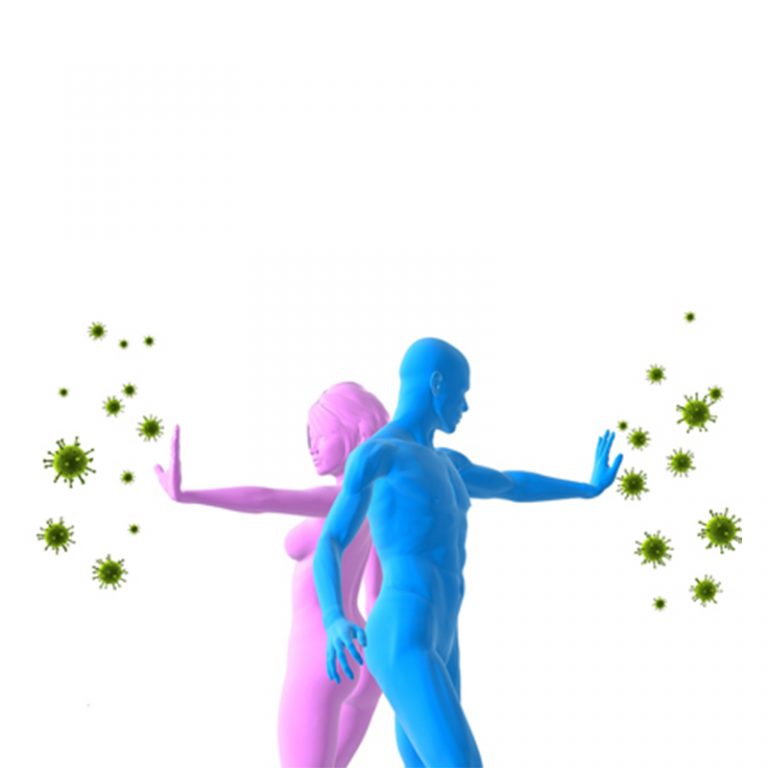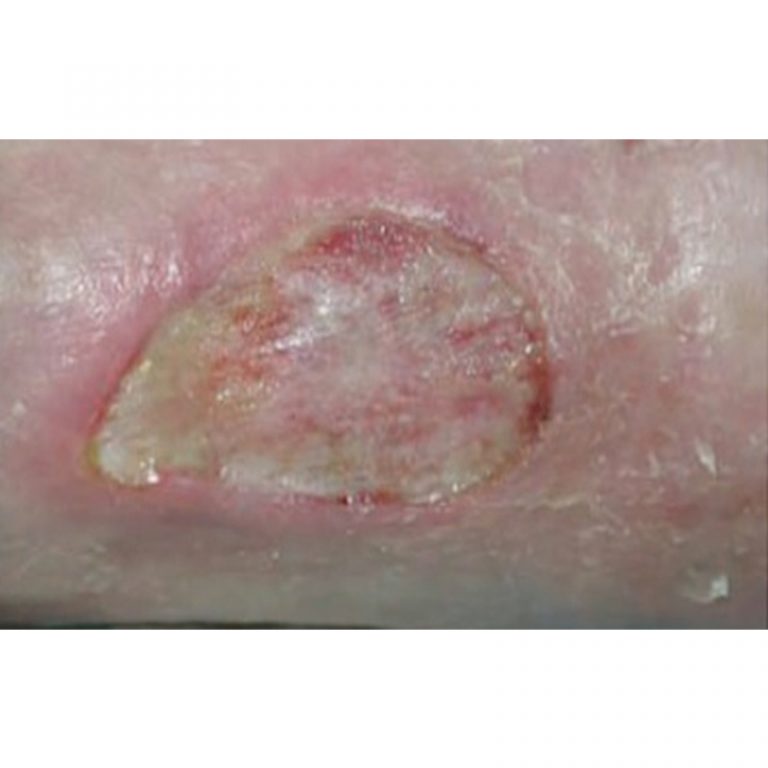Ayurvedic Treatment For Swollen Legs
Leg swelling is an extremely common condition caused by fluid accumulation and retention in the lower extremities. In some cases, the whole leg can be affected, while in others it is confined to the calves, feet, or ankles. In a relatively small percentage of cases, it may be the result of blood clots or of heart, liver, or kidney disease, or it may be experienced when taking certain medications such as steroids. In many cases, it is temporary, for example during menstruation or pregnancy, or after walking long distances. Here we are discussing the treatment of long-standing cases where there is no known serious underlying medical condition.
An Ayurvedic assessment involves an examination of the patient as treatments vary greatly according to the cause of the problem, and whether it is chronic or acute. For example, if pinching the calf causes pain this indicates that the liver function is compromised, whereas in cases where pressing the calf with the thumb leaves an indentation (pitting) this might indicate sluggish lymphatic flow.
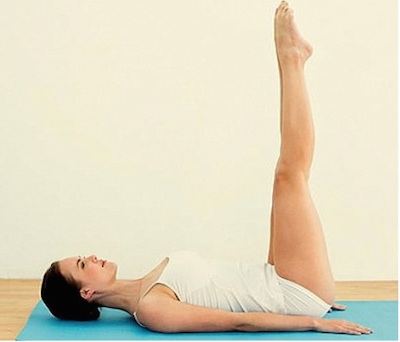
In most cases, medicines are used which address the liver and lymphatic function. Punarnava is an excellent medicine for lymphatic and liver induced swelling and is one of Ayurveda’s most valued herbs for supporting heart, liver and kidney function. Research on the plant has shown that it has amongst its constituents natural calcium channel blockers, having effects comparable to those used in drugs for lowering blood pressure. Another useful medicine for swelling is Gokshura.
Certain yogic leg raising postures are also very beneficial in the swollen legs treatment, for example, Uttanpadasana and Shargavasana – for details see my book Yoga Books “Yatan Yoga Therapy”. Also very helpful is Ayurvedic massage, when Massage Oil “Lakshadi oil” is often found to be of particular benefit.
Swollen Legs Causes and Symptoms
As mentioned above, the causes of swollen legs may depend upon varying factors and underlying health conditions and are present with certain swollen legs symptoms. It is important to note that persistent swelling of legs should not be neglected and should be examined by a healthcare professional.
Some Common Swollen Legs Causes are:
- Fluid Retention
- Blood Clots
- Infections
- Injury
- Medications
- Pregnancy or hormonal change
Swollen Legs Symptoms include:
- Swelling: Obvious puffiness, often on the ankles, lower legs, and feet.
- Pain or Discomfort: Swollen legs may feel achy or tender when pinched.
- Pitting: Pressing swollen legs may leave a temporary indentation which might be a sign of fluid retention.
- Vein Appearance: Enlarged or varicose veins might be visible on the surface of the skin.
- Skin Changes: The skin over swollen areas might appear stretched or discoloured.
Home Remedies for Swollen Legs
Elevating or gently massaging your feet, taking short walks, doing yoga, managing your weight, indulging in epsom salt baths, and moderating your salt intake are effective and natural home remedies that may help you relieve the swollen legs.
When to Seek Medical Help
If the swelling in your legs is persistent and the swollen legs symptoms are causing you discomfort and pain, it’s time for you to seek medical help for swollen legs without any delay.
Frequently Asked Questions
What are some common swollen legs causes?
The causes behind swollen legs may include standing for too long, injury, obesity, sedentary lifestyle, hormonal change during pregnancy, fluid retention etc.
How do you get rid of swollen legs fast?
Whether you can get rid of swollen legs fast or slow depends entirely on your underlying conditions which is best examined by a healthcare professional. However, you may try raising your legs, reducing your salt intake and massaging your swollen legs with oil.
What is a natural remedy for swollen legs?
A natural remedy for swollen legs is to raise your legs up or gently massage them. This can help reduce the swelling.
What is the best home remedy for swollen legs and feet?
The best home remedy for swollen legs and feet is to elevate your legs, move around a bit, and take warm baths with Epsom salts. Also, try to cut down on salty foods.
What drink is good for swollen legs?
Drinking water may be good for swollen legs. It may help you flush out extra fluids and can reduce swelling.
What foods reduce swelling in legs?
Foods like fresh fruits, vegetables, and foods rich in potassium, like bananas, can help reduce swelling in the legs. Avoiding too much salt and processed foods is also important.
How do I know if my swollen feet are serious?
If the swollen part turns red, feels warm, or shows signs of inflammation, it might indicate a potential infection that requires attention from a healthcare professional.
How do you take care of a swollen leg?
You can take of a swollen leg by doing the following:
- Raise your legs
- Gently Massage with oil
- Protect the swollen area from further injury.
- Reduce your salt intake.
What foods to avoid for leg swelling?
To reduce leg swelling, it’s advisable to avoid foods high in salt, processed snacks, and sugary drinks. These can contribute to fluid retention and exacerbate swelling.
Does walking help swollen legs?
Yes, walking can be beneficial for swollen legs. It promotes circulation and helps prevent fluid buildup. However, if your swelling is severe or accompanied by pain, it’s best to consult a healthcare provider before starting any exercise routine.
Click Image to Buy Our Featured Products ( Yoga Books $69.95 / Massage Oil $32.95)

*Discover holistic healing with a complimentary phone or video consultation from our expert Ayurvedic practitioner. Start your path to better health today!*





















